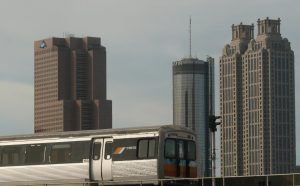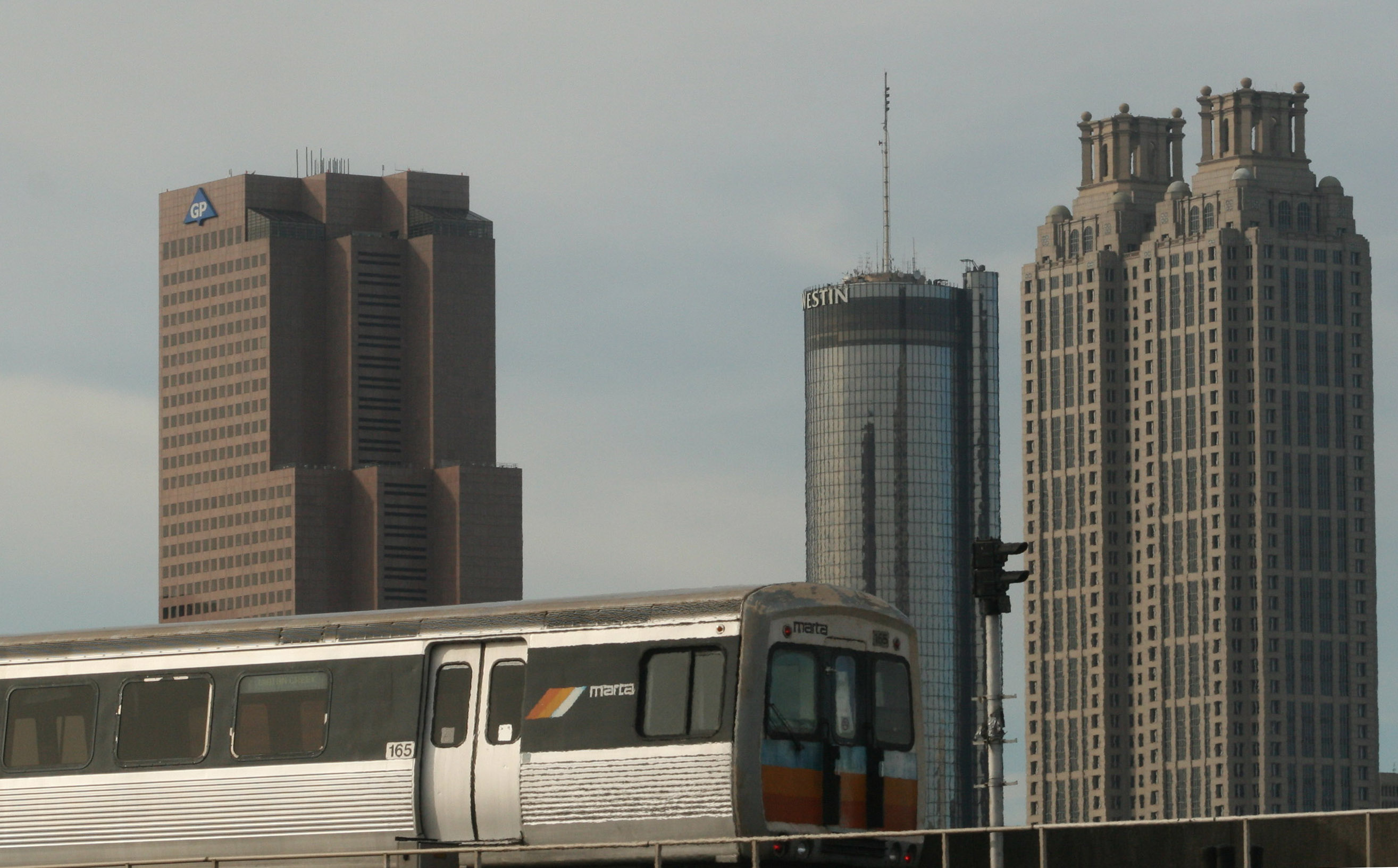By: Nick Eberhart
If you want the American dream, move to Denmark. Studies revealing the widening income gaps in America have become commonplace as countries like Sweden and Denmark provide more opportunities for their poorest citizens to climb the social ladder. American cities suffer from varying degrees of income inequality, but the results of a recent study show that no major city’s citizens face greater barriers to social mobility than residents of Atlanta.
The Equality of Opportunity Project, a joint endeavor between Harvard and Stanford researchers, investigated the ability of those born into households with incomes in the lowest 20 percent to rise to the highest 20 percent in American cities. Out of the 50 largest metropolitan areas in the study, Atlanta was ranked 50th with only 4 percent of those born in the bottom fifth rising to the top fifth. In the city with the highest upward mobility, Salt Lake City, this figure was nearly tripled at 11.5 percent.
Mixed income neighborhoods were found to be more highly correlated with social mobility in this study than more traditionally assumed factors such as racial segregation of neighborhoods. Paul Krugman in a July 2013 article stated that the authors of the study found “a significant negative correlation between residential segregation — different social classes living far apart — and the ability of the poor to rise.” Krugman’s argument is that Atlanta’s sprawl is responsible for segregating the rich and the poor while perpetuating the gap between them. A major result of Atlanta’s sprawl is an underdeveloped and ineffective public transportation system.
Atlanta’s public transportation system, MARTA, is considering the first expansion of its network since 2000. The new proposal would expand service along GA 400 for 12 miles from Dunwoody to Alpharetta, north of Atlanta. Along with any MARTA expansion come the concerns of crime, funding, and the inefficiency of the current MARTA system. A more extensive MARTA network would not have the same effect on more economically-diverse neighborhoods, but it would provide some important benefits that these mixed-income neighborhoods traditionally provide (access to sufficient jobs being the most important).
Jobs that pay employees a living wage are available in Atlanta, but they are located far away from the urban city centers where low-income residents are concentrated. Atlanta added 47,900 new jobs between May 2012 and May 2013, but many of these opportunities are outside the reach of those who do not own their own vehicles. An expanded MARTA network would make more economic opportunities available to Atlanta’s poorest residents and improve the severe social mobility problem in the city.
Public transportation offers a way to provide low-income residents with the means to access jobs of all types. A 2009 report by the American Public Transportation Association states that every $1 billion spent on public transportation supports 36,000 jobs. Atlanta’s economy is generating these jobs, but the people who need them the most are unable to reach them because this significant investment has not been supported by Georgia policymakers and voters.
Voters last year rejected a seven billion dollar tax that would be levied as a 10-year, one-percent sales tax in the Atlanta metro area. This Transportation Special Purpose Local Option Sales Tax (TSPLOST) would have provided MARTA with the funding it needs to expand its service and relieve much of the congestion faced by Atlanta commuters. The defeat of this measure not only perpetuated Atlanta’s notoriously long commutes but also ensured that the lowest-income citizens would remain disconnected from economic opportunities in far-flung sections of the city.
In a city where residents may spend as much time navigating public transportation as they do working, new transportation infrastructure is imperative for reducing congestion and time lost by workers. More important, however, is the fact that low-income Atlanta residents climb to the highest income bracket less frequently than in any other major city. If Atlanta is to remain the capital of the South, then it will have to invest in providing access to economic opportunities for its poorest citizens.


